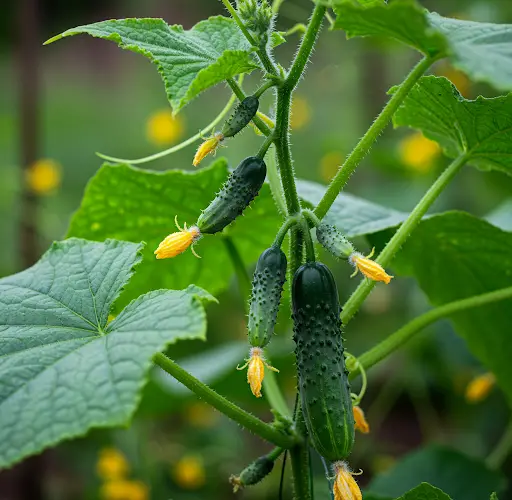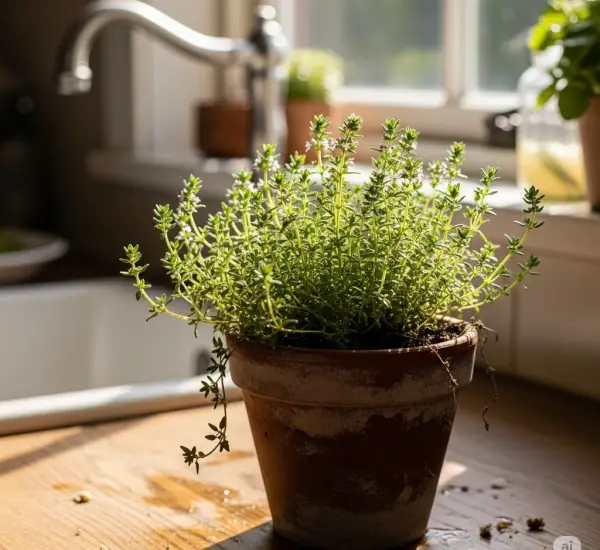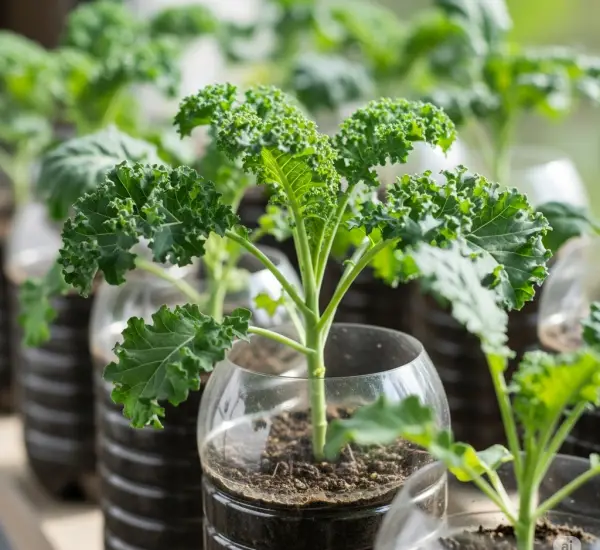Reviving Plants with a Simple and Affordable Aspirin Solution
Gardening enthusiasts often face challenges when their plants fail to thrive, struggle to bloom, or begin to wither. Whether due to environmental stress, disease, or transplant shock, weakened plants require a boost to regain their health. Fortunately, there is a simple yet highly effective solution that can revive even the most struggling plants—aspirin. This widely available and inexpensive household item has been endorsed by experienced agronomists for its ability to stimulate plant immunity and promote healthy growth.
Why Aspirin Works for Plants
Aspirin, or acetylsalicylic acid, has properties that can significantly benefit plants. It enhances their immune response, helping them resist diseases, pests, and environmental stressors. Research has shown that salicylic acid, the active compound in aspirin, plays a critical role in plant defense mechanisms. By introducing aspirin into the soil or applying it as a foliar spray, gardeners can encourage stronger growth, increased flowering, and improved resistance to pathogens.
When to Use Aspirin on Plants
Aspirin can be beneficial in several situations, including:
- Plants showing signs of disease: Yellowing leaves, fungal infections, and weak stems can all indicate that a plant is struggling. Aspirin helps strengthen the plant’s defense system.
- Transplant shock: Moving plants to new soil or repotting can stress them. A dose of aspirin can aid in their adjustment and improve survival rates.
- Poor flowering: If a plant is not producing buds or flowers as expected, aspirin can stimulate growth and encourage blooming.
- Seasonal stress: Changes in weather conditions, such as excessive heat or cold, can weaken plants. Regular aspirin treatments help them adapt to these conditions.
How to Prepare and Apply an Aspirin Solution
Using aspirin for plant care is simple and requires minimal ingredients. Here’s how to prepare an effective solution:
Ingredients:
- 1 aspirin tablet (325 mg or 500 mg)
- 1 liter (4 cups) of warm water
Instructions:
- Crush the aspirin tablet into a fine powder to help it dissolve more easily.
- Add the crushed aspirin to the warm water and stir well until fully dissolved.
- Use the solution in one of the following ways:
- Foliar spray: Pour the mixture into a spray bottle and lightly mist the leaves, ensuring even coverage. This method helps the plant absorb the solution quickly.
- Root watering: Pour the solution directly into the soil around the plant’s base. This allows the roots to absorb the beneficial properties of aspirin.
For best results, apply the aspirin solution once every three to four weeks. Overuse may lead to excessive acidity in the soil, which can be harmful to certain plants.
Additional Benefits of Aspirin for Plants
Beyond its ability to revive struggling plants, aspirin has several other advantages:
- Encourages seed germination: Soaking seeds in an aspirin solution before planting can speed up germination and increase the chances of successful growth.
- Prevents fungal infections: The antifungal properties of aspirin help protect plants from mold and mildew.
- Enhances root development: Stronger roots lead to healthier plants with better nutrient absorption.
Plants That Benefit the Most from Aspirin
While aspirin can be used on most plants, certain species respond exceptionally well to its application. These include:
- Tomatoes and Peppers: Aspirin improves disease resistance and promotes abundant fruit production.
- Roses: Helps prevent black spot disease and encourages lush blooms.
- Strawberries: Reduces susceptibility to fungal infections and enhances fruit sweetness.
- Ornamental Flowers: Increases blooming frequency and prolongs flower longevity.
Precautions and Tips for Use
- Test on a small area first: Before applying the aspirin solution to an entire plant, test it on a single leaf to check for any adverse reactions.
- Avoid overuse: Too much aspirin can disrupt the plant’s natural p



